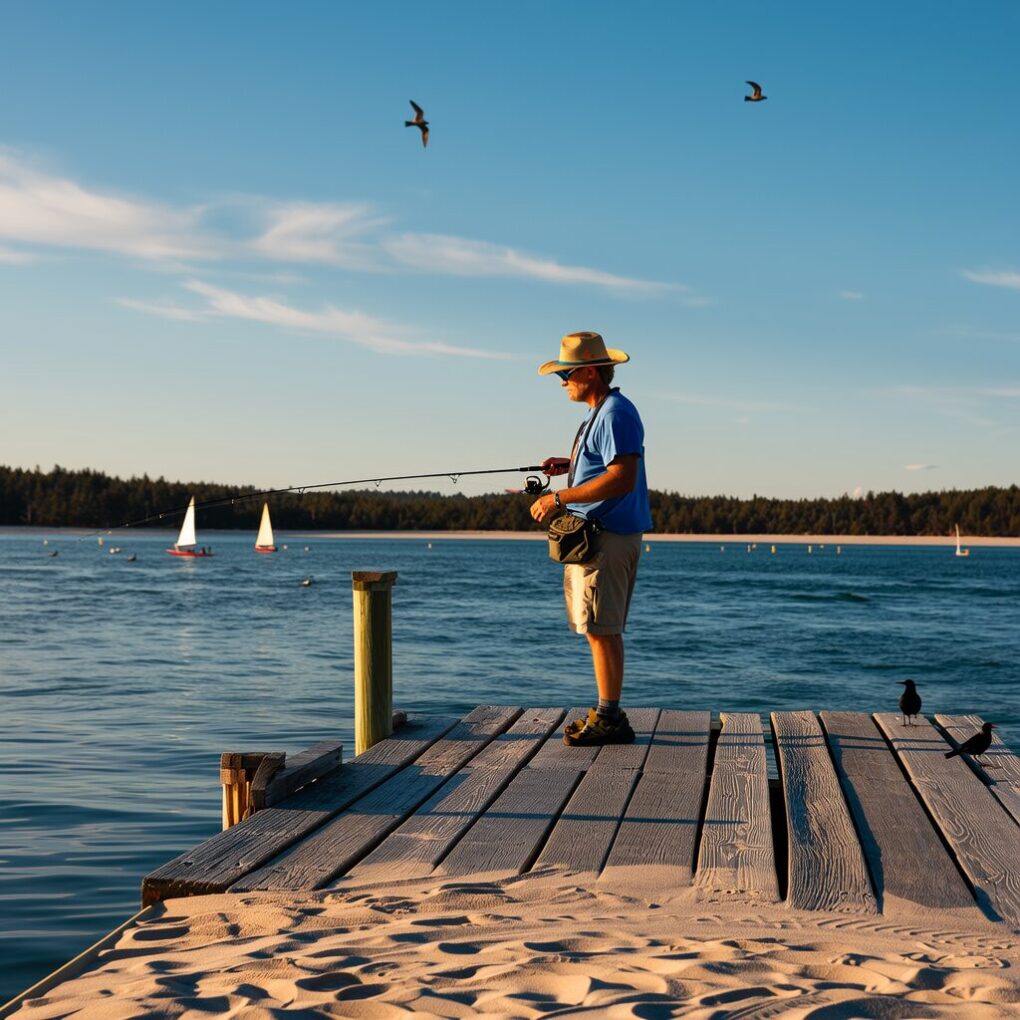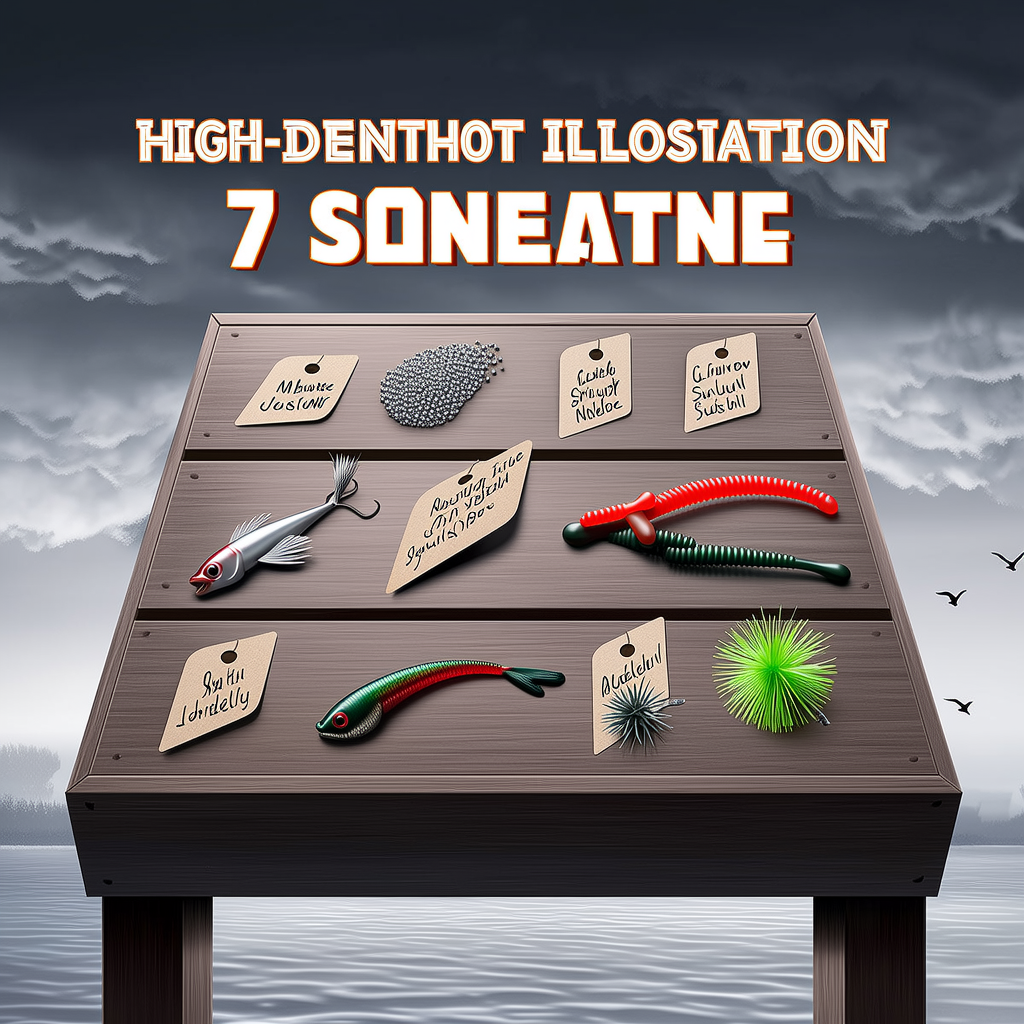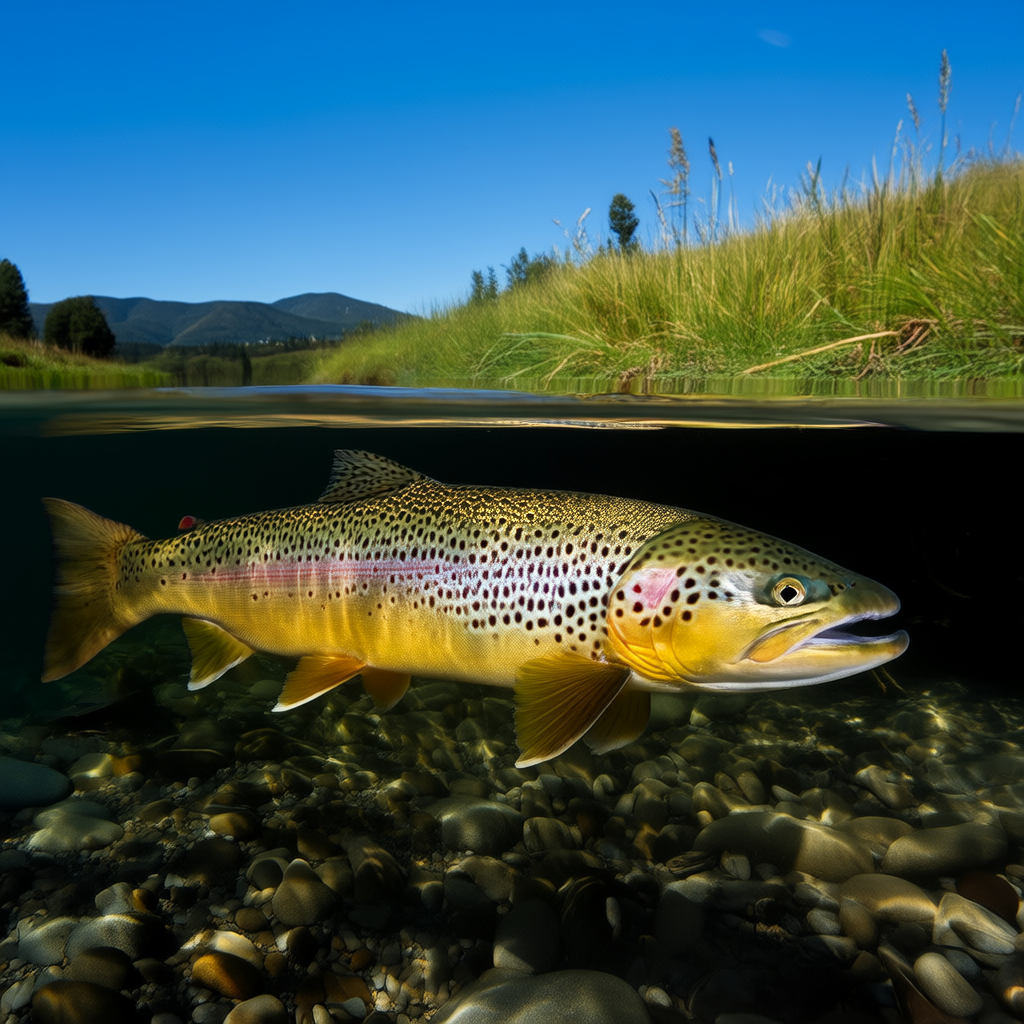Introduction
South Carolina is home to a number of popular recreational activities, including fishing. People from around the country come to South Carolina’s many waterways in order to relax, enjoy nature, and catch fish. Before you cast your line in the water, you must first obtain a SC fishing license. This document will give you all the information that you need about getting a SC fishing license.
Why do you need a fishing license in SC?
All residents and non-residents fishing in public waters in South Carolina must have a fishing license. This license is intended to maintain fish populations and fish habitats in the state’s waters. It also helps fund conservation efforts to benefit the fishery resources of the state.
Who needs a fishing license in SC?
In SC, anyone 16 years old or older must have a valid license to fish. Residents and non-residents alike are required to have a valid fishing license in order to fish in public waters. There are some exceptions. For example, residents who are 64 or older are exempt from the requirement to possess a fishing licence in SC.
Types of fishing licenses in SC
There are different types of fishing permits available in SC. You can choose between the following options, depending on your needs:- Saltwater Recreational Fishing License- Freshwater Recreational Fishing License- Combination Freshwater/Saltwater Recreational fishing License- Three-year Combination Freshwater/Saltwater recreation fishing license
How to get a fishing license in SC
It is easy to obtain a fishing permit in SC. You can get a fishing license in SC by:- Applying on the South Carolina Department of Natural Resources website.- Purchasing over the phone.- Visiting local license vendors in your area.- Going to an SCDNR office.
What information is needed to obtain a fishing license in SC?
You will need to provide these details in order to obtain a fishing permit in SC:- Your name – Your date of birthday – Your Social Security Number – Your driver’s licence or ID number – Your phone number and your email address – Your residential address – Your mailing address (if it is different from your residence address)
How much does a fishing license in SC cost?
The cost of a SC fishing license varies based on the type you need. These are the current rates of fishing licenses for SC:- Saltwater Recreational Fishing License: $10- Freshwater Recreational Fishing License: $10 – Combination Freshwater/Saltwater Recreational Fishing license: $15 – Three-year combination Freshwater/Saltwater recreation fishing licenses: $40 – Lifetime freshwater/saltwater recreation fishing licenses: $500
When does your fishing license in SC expire?
The fishing licenses are issued annually in SC, and expire every June 30th. If you buy a three-year license or a lifetime license, you won’t have to renew your license every year.
What are the rules and regulations for fishing in South Carolina?
These include:- Limits on the number and size of fish you can catch- Regulations for certain species of fish- Seasons and times when certain types of fish can be caught There are:- Limits to the size and number of fish that you can catch;- Regulations for specific species of fish;- Seasons and times during which certain fish can be caught;- Restrictions regarding fishing equipment and methods
Penalties in SC for Fishing Without A License
In SC, fishing without a permit is a serious crime. If you are caught, you could face steep fines and the loss of your fishing privileges. You may even be charged with criminal offenses. You should always make sure that you have a current fishing license before you cast your line into any of the public waters in the state.
Conclusion
You can easily obtain a fishing permit in SC online, over the phone, or by visiting a local office. You can enjoy the waterways of the state with the right license, and by knowing the rules and regulations. You’ll have a great fishing experience if you respect the environment and the natural resources.




